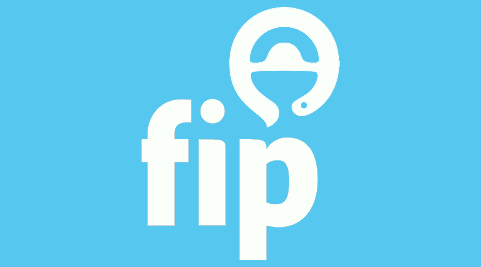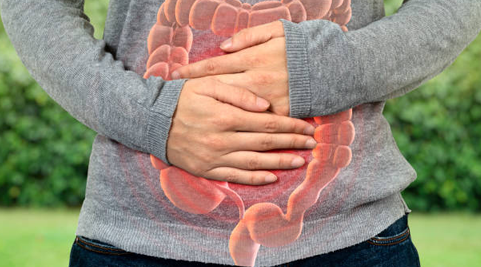Demand for perinatal mental health support in the 12 months to June 2022 exceeded pre-COVID levels, with mothers and fathers experiencing psychological and physical challenges from trying to care for a new baby without enough support.
New data shows s a 0.3 per cent increase in demand over the 12 months to June 2022, on top of a 45 per cent increase in demand during the pandemic.
The information was released by national mental health organisation Perinatal Anxiety & Depression Australia (PANDA) to mark Perinatal Mental Health Week being held until November 13.
PANDA Chief Executive Officer Julie Borninkhof said that while the change over the past 12 months was small, there was an expectation that demand would ease as COVID restrictions were lifted, when in fact demand continued to grow.
“PANDA did not see the expected reduction in demand for its services when COVID restrictions started easing,” she said.
The data also revealed a 23 per cent increase nationally in callers to the Perinatal Mental Health Helpline that PANDA was able to support.
In addition to increased callers to its national helpline, more than 30,000 Australians completed PANDA’s online mental health checklist over the past 12 months, which was slightly higher than the number that completed the checklist in 2020-21.
“Parents are experiencing a range of challenges around cost of living, economic factors and global events at a time when they are vulnerable and are often quietly trying to manage anxiety, depression or other perinatal mental health issues,” Ms Borninkhof said.
“Of the callers to PANDA’s helpline, 63 per cent had not even spoken to their partner about how they felt, while 83 per cent had not consulted a doctor or health professional.”
Ms Borninkhof said one of the single most effective things expecting parents could do to protect their mental health was to put in place “communities of care”, so they had a safety net of support in place as a new parent.
“It’s a good idea to have varied support people in place at this time,” she said.
“This is why PANDA’s Perinatal Mental Health week campaign is focused on encouraging and helping expecting and new parents to proactively build a community of care around them.
“This community of care can include relationships with health care providers, trusted friends, other parents through playgroups and new parent groups, online parent support groups and mental health and care providers.
“Based on the experience of callers to our Helpline, we know you can’t always self-care your way out of perinatal mental health distress. It’s important to consider how you can build a caring community that you can call on as a new parent when you need it, but that can also check in on you.”
One in five new mothers, and one in ten new dads are affected by perinatal depression and anxiety, which impact approximately 100,000 families in Australia each year.
Four in five new mothers responding to PANDA’s mental health checklist in 2021-22 felt disconnected from their friends and family at some point, while 40 per cent of them said they felt disconnected from their baby.
When it came to expecting mothers, two thirds felt disconnected from their pregnancy and/or baby at some point, while 80 per cent felt more disconnected from friends and family during the perinatal period.
For new fathers, 80 per cent of respondents to the mental health checklist experienced a sense of disconnection from their friends and family, and almost half felt disconnected from their baby.
Anyone having trouble coping with pregnancy or being a new parent, or wanting help with building their community of care, can visit panda.org.au or call the PANDA Helpline on 1300 726 306 Mon to Sat, 9am - 7.30pm. AEST/AEDT.


